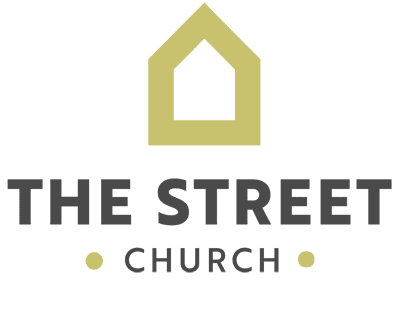Life just seems so busy. A relentless rush from one thing to the next. I feel like many of us came out of lockdown with lofty ideals of a new normal. Many of us appreciated the ability to slow down and not have to be in lots of different places. It’s a distant memory now and I’m wondering whether I took those lessons to heart.
I easily rush from one thing to the next. My calendar gets so full between work, home, family, friendships. I wonder where your time goes? I love to try and be more efficient with my time but I’m not sure it works. You see habits and efficiency don’t create more time if we just allow it to be filled with even more things.
If I spent my money like I spend my time I would be very poor very quickly. Yet the problem is worse with time. There are always ways to get more money - you could even try and rob a bank (I’m joking). It’s not the same with time. All of us have 168 hours per week and there isn’t even a “time bank” to consider robbing! Yet I wonder how many of us keep pretending that time is infinite.
My experience of Jesus is noticeably different. In three years of public life, he prepared 11 men who would become the foundational leaders of the entire church. He travelled extensively sharing and showing the kingdom. He accomplished a lot yet always seemed unhurried. He always had time for people. He never seemed to be stressed by interruptions along the way.
I wonder if the secret was an ability to say no. He knew when to say no to the crowd and withdraw to pray. He knew when to take the disciples somewhere to rest. He knew his priorities and his purpose and he stuck to it.
I’m terrible at saying no. I just don’t like feeling I’m letting people down. And yet I know that if I don’t learn to say no, things that I consider important like family, friends, exercise and rest will be squeezed out. Yes to something else will mean a no to them.
I know lockdown was really unpleasant in some ways but it was also a gift. It made us say a big fat no to many things and showed us the blessing that comes with slowing down. I wonder what lesser priority you can say no to this week that means you can say a big yes to the things that really matter for you.
Much love,
Simon
This post is part of the Senior Pastor’s weekly blog. Go to the blog feed >>








